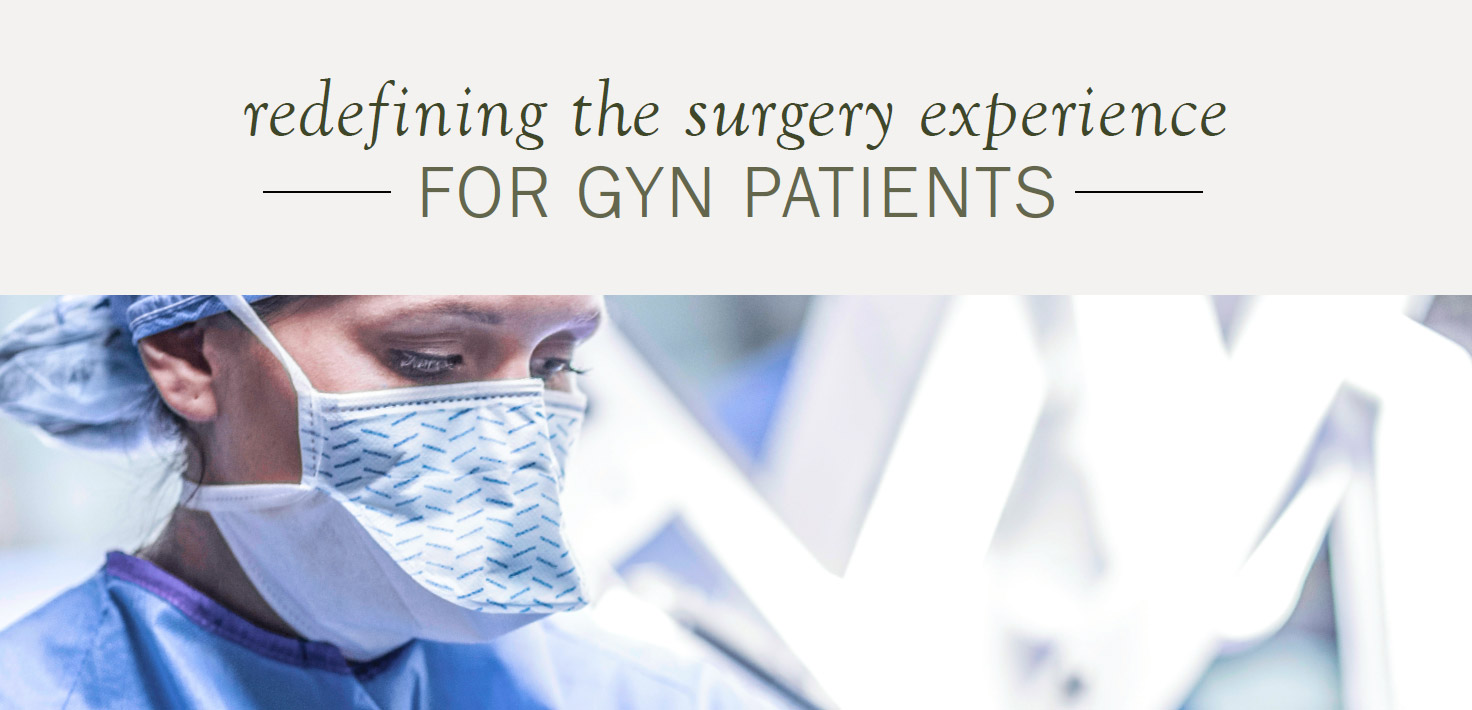Endometriosis affects more than 11 percent of women in the United States between the ages of 15 and 44. Those with the condition often experience debilitating pain and can have a difficult time becoming pregnant.
If you’ve been diagnosed with endometriosis, know that help is available. There are multiple treatment options that may help you find relief, and research is ongoing to find new and innovative ways to treat the condition. Northeast Georgia Physicians Group Gynecology is here to help you find the right treatment option to meet your needs.
What is endometriosis?
Endometriosis occurs when uterine (or endometrial) tissue grows outside of the uterus. In fact, the name “endometriosis” references the “endometrium,” which is the tissue lining the uterus.
Usually, this tissue is found only in the uterus, where it grows and then sheds monthly if pregnancy does not occur. In a woman with endometriosis, uterine tissue grows in other organs and tissues in the pelvis.
While endometriosis most commonly affects the ovaries, fallopian tubes, outer surface of the uterus, and the tissues that hold the uterus in place, uterine tissue can also grow in the vagina, cervix, vulva, bladder, bowel, or rectum. Less commonly, it can even grow outside the pelvis, in other parts of the body.
What causes endometriosis?
Researchers aren’t entirely sure what causes endometriosis. Ongoing research is studying a number of potential causes, including genetic factors, hormones, problems with menstrual flow, immune system disorders, and even previous surgical procedures.
While the exact cause of endometriosis is unknown, the condition is associated with high levels of estrogen. This female reproductive hormone is responsible for thickening the uterine lining during the menstrual cycle.
What are the symptoms of endometriosis?
The most common symptom of endometriosis is pelvic pain, usually occurring during a woman’s period. This pain can manifest in many different ways, including:
- Chronic pain in the lower back and pelvis
- Intestinal pain
- Heavy uterine bleeding
- Pain during or after intercourse
- Painful bowel movements or urination during menstrual periods
- Painful menstrual cramps
Along with pain, endometriosis can also cause bleeding or spotting between periods, digestive problems, and infertility. Nearly 4 in 10 women who experience infertility have endometriosis.
Why is endometriosis painful?
Endometrial tissue in the uterus grows during the menstrual cycle to help support a pregnancy. When pregnancy does not occur, the uterine lining sheds, exiting the body through the vagina—what’s known as a menstrual period.
This same process can occur when endometrial tissue grows or adheres outside of the uterus. The tissue grows and bleeds, but the blood doesn’t have an easy way to exit the body. This causes the surrounding tissues to swell and become irritated.
Over time, this growing and shedding process can also cause scar tissue to form in the area of the body where endometrial implants occur. These adhesions can lead to inflammation and pain.
How is endometriosis diagnosed?
If you’re experiencing symptoms that may be caused by endometriosis, a medical provider will first perform a pelvic exam to check for small scars and endometrial growths behind the uterus. During this examination, you may also have a vaginal or pelvic ultrasound to scan the pelvic area.
The only way to confirm an endometriosis diagnosis, however, is through a surgical procedure. During a procedure called a laparoscopy, a gynecologist can examine the pelvic area, looking for endometrial growths. In many cases, endometriosis can be confirmed by simply seeing these growths, but a small sample of tissue may also be removed and biopsied.
How is endometriosis treated?
There are multiple methods for treating endometriosis, and the best option for you will depend on the extent of endometrial growths, the severity of your symptoms, and whether you want to have children in the future.
An NGPG gynecologist can help you determine which treatment option is optimal for your needs. Treatment may include:
Hysterectomy
During this procedure, a gynecologist removes the uterus. This treatment option is usually considered a last resort when endometriosis symptoms aren’t relieved using other methods
Laparoscopic endometrial implant ablation
This minimally invasive procedure works similarly to an endometrial ablation, but instead of removing the endometrial lining, a gynecologist ablates only the endometrial implants. Women who are trying to conceive may choose this procedure, but many require additional treatment at a later point when pain and other symptoms recur.
Laparoscopic resection
During this procedure, a gynecologist removes all visible endometrial implants from the pelvis while leaving the uterus and other organs in place.
Medications
First-line treatment for endometriosis in women who aren’t trying to conceive usually includes hormonal birth control. This may include continuous or extended-cycle birth control pills or injections or a hormonal intrauterine device.
Women who are trying to conceive may be prescribed a gonadotropin-releasing hormone agonist. This relatively new type of medication places the body in a temporary menopause, stopping it from producing the hormones necessary for ovulation and the menstrual cycle and controlling the growth of endometriosis. After stopping the medication, the menstrual cycle returns.
Pain relievers and anti-inflammatories may be prescribed to help ease the pain related to endometriosis. Anti-inflammatories can also help decrease uterine bleeding.
Choose NGPG for endometriosis treatment
At best, endometriosis can be uncomfortable, and at worst, it can be debilitating and life-altering. NGPG Gynecologic Surgeons are specially trained to diagnose and provide effective treatment for endometriosis, including when surgery is needed.
Surgery is performed at Northeast Georgia Medical Center, where our patients benefit from minimally invasive or robotic procedures when possible, providing them with a quicker recovery and reduced pain. NGMC was the first hospital in Georgia to receive accreditation as a Center of Excellence in minimally invasive gynecology.


